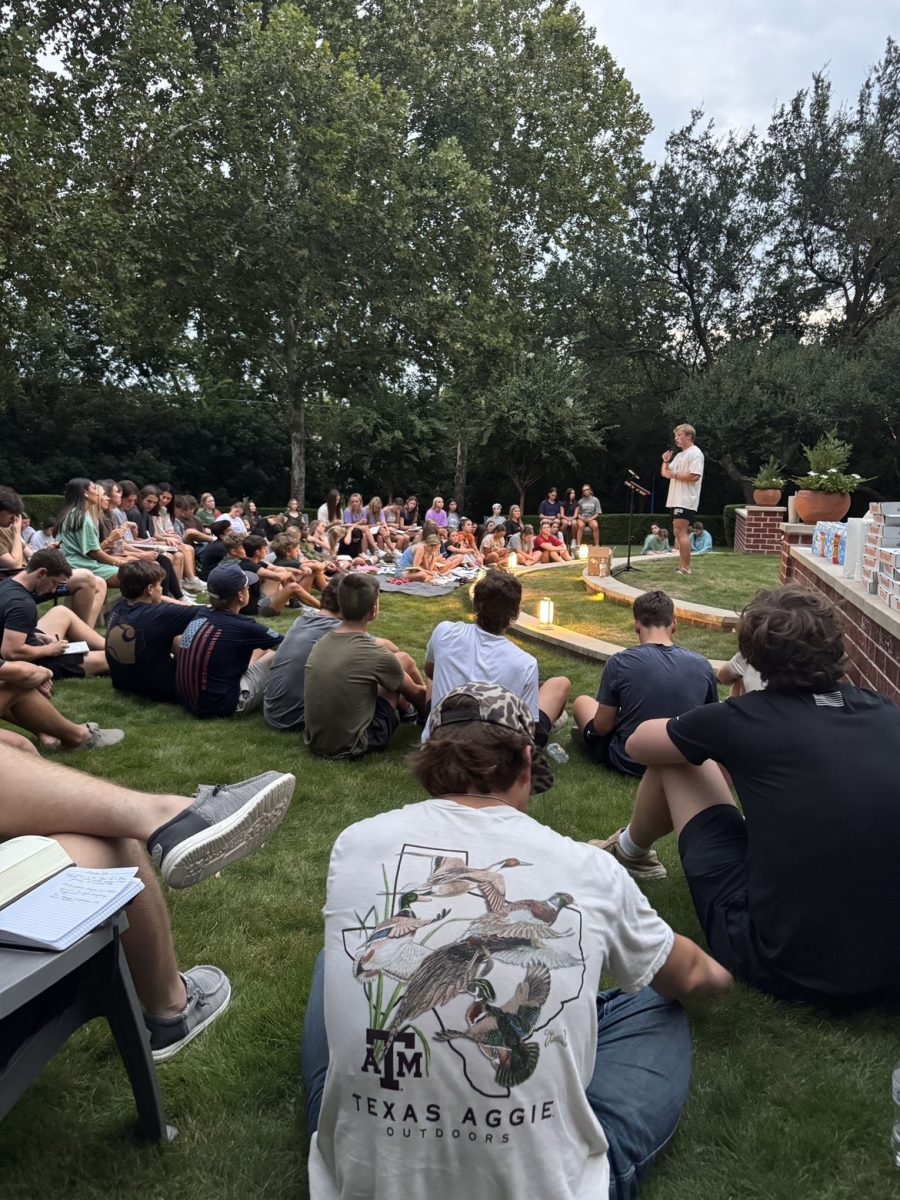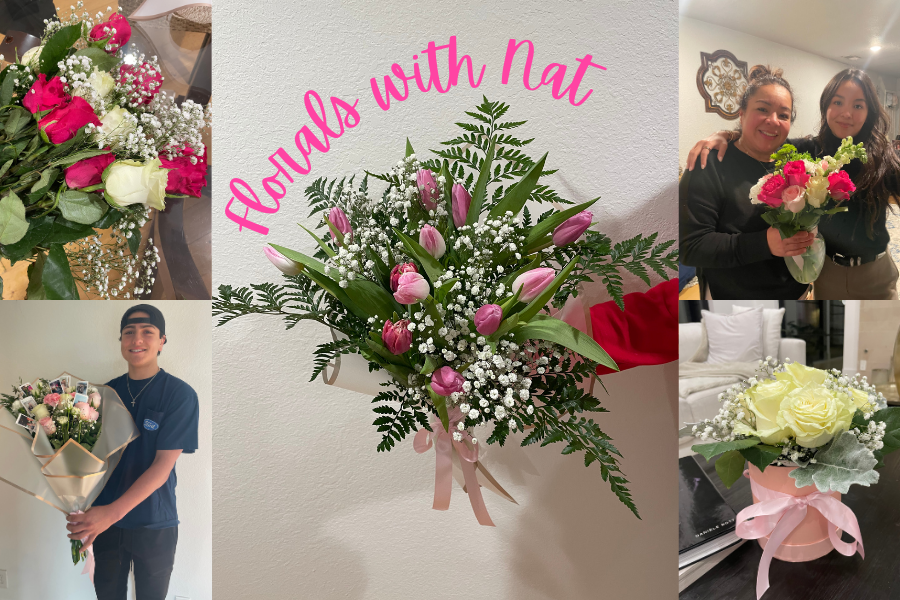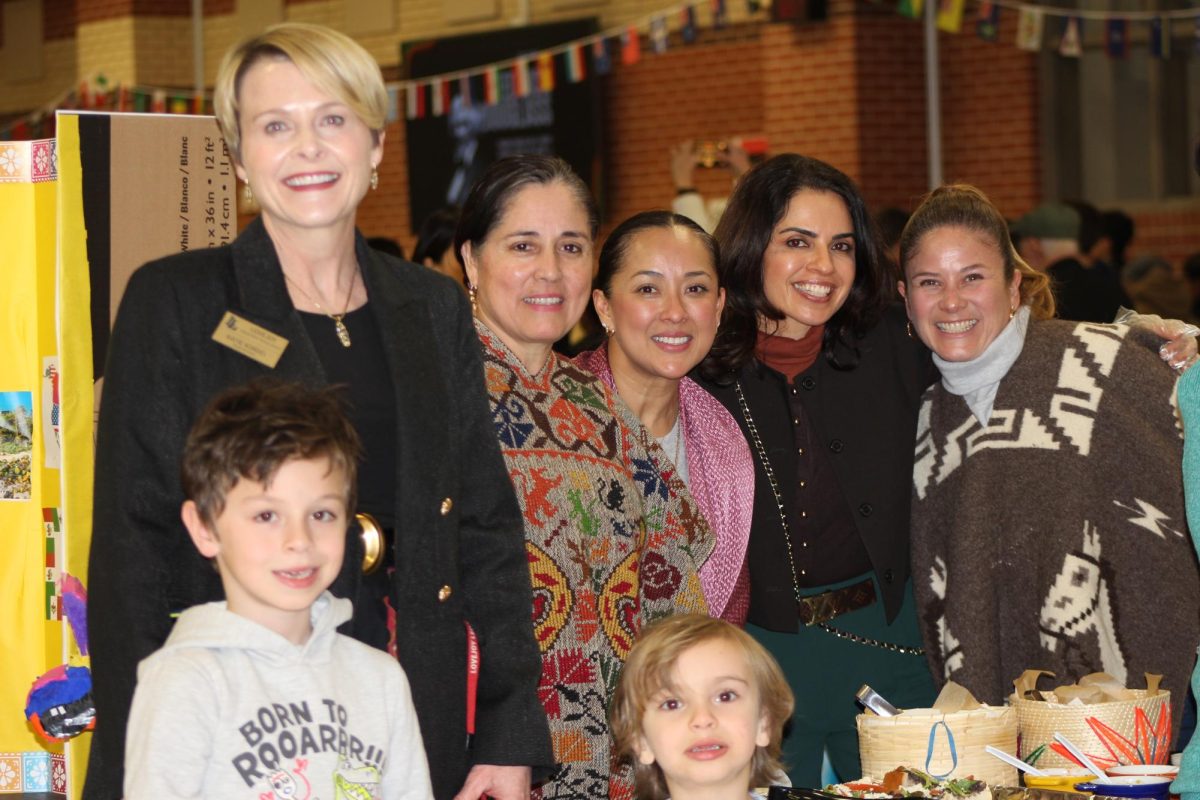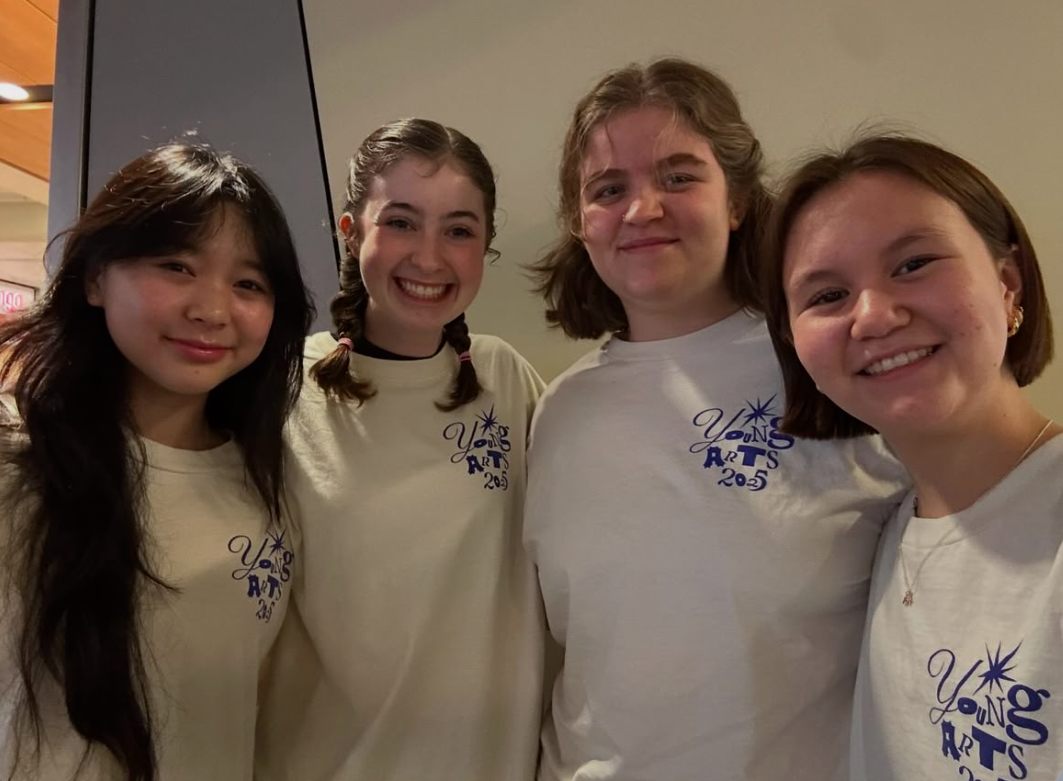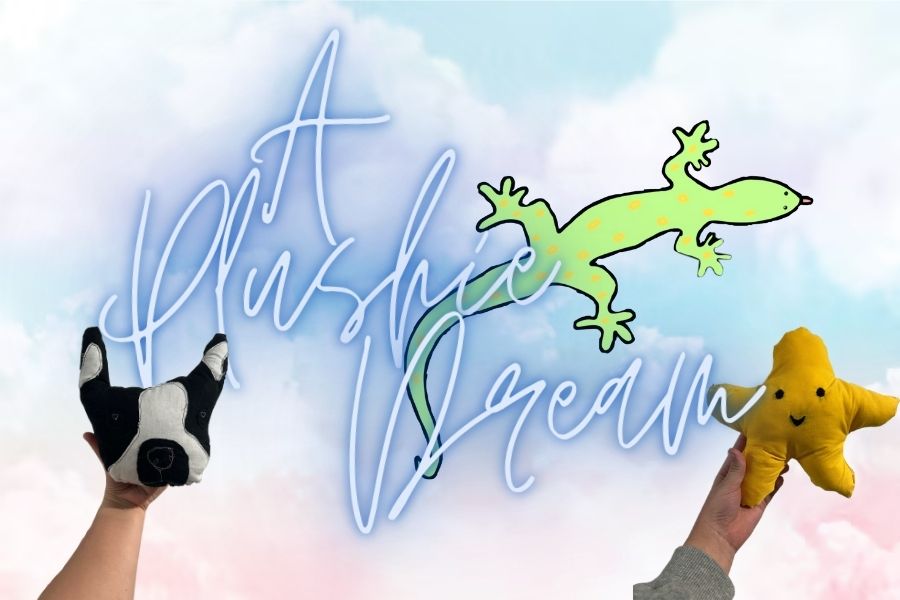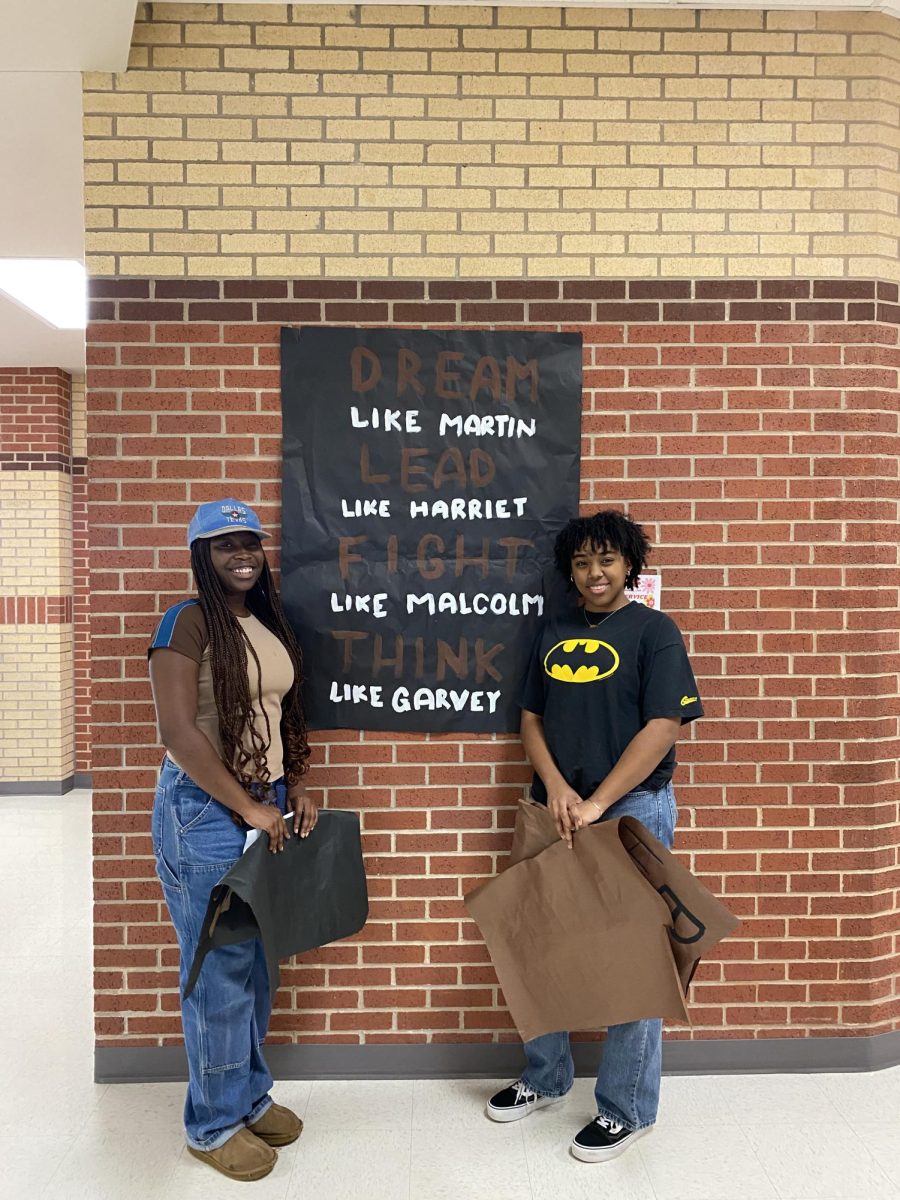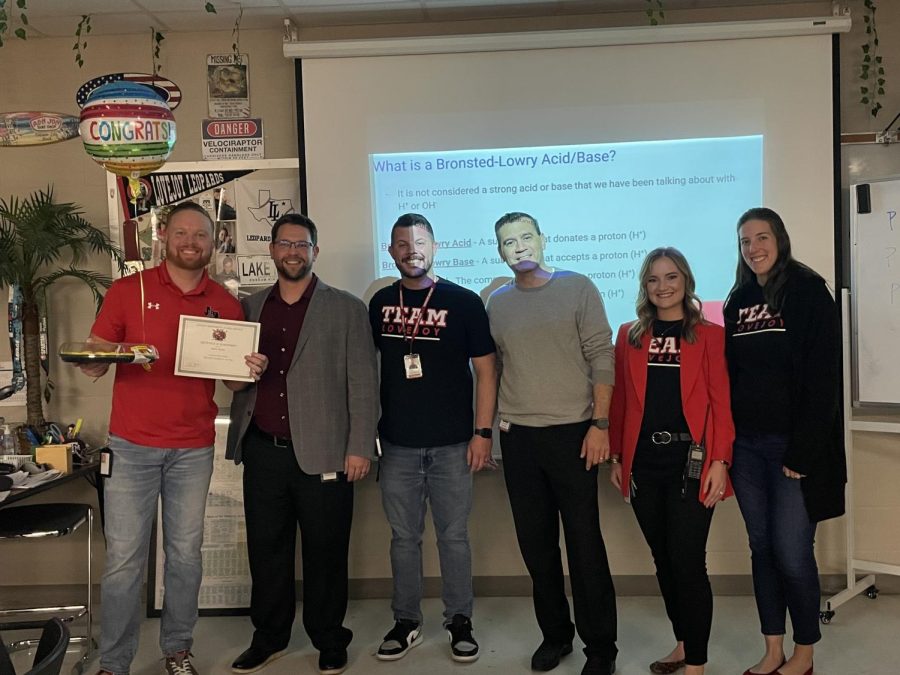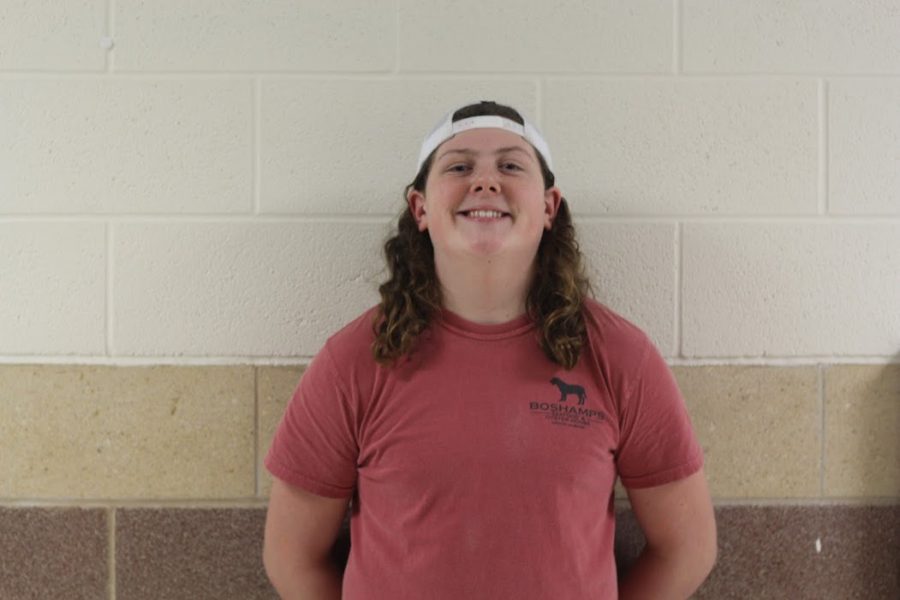Squared, green and multicellular, life is thriving from the diverging roots below the earth to the leafy appendage that sprouts above. Through pandemics, ice storms and pesky business, a fruitful, homegrown greenery prevails.
Four years ago, English teacher Tamara Sakuda and her husband of 28 years, Kent Sakuda, decided to go vegan. One year later, the two made another nutritional milestone: installing a garden.
Over time, more than 16 different plants have grown under Tamara’s care including, but not limited to: cucumbers, herbs, bell peppers, jalapenos, anaheims, potatoes, kale, lettuce, strawberries, sweet potatoes and eggplant. Above all others, Tamara’s specially named “dinosaur kale” is her favorite.
“We eat a lot of kale in our house,” Tamara said. “In Texas, it’ll grow almost all year-’round. It grows all spring, through the summer and I had kale growing until the end of January. I didn’t used to like kale, and now that I grow it, I love it. I make an Italian bean soup with kale and a lentil soup with kale.”
Digital media and animation teacher Ray Cooper, math teacher Louise King and Tamara bond over their similar interests in gardening, sharing tips and progress. Tamara says they’re “best gardening buds,” or “BGBs” for short.
“We trade seeds, we trade ideas, pictures,” Cooper said. “Most people direct message memes and stuff. We direct message things like ways to propagate tomatoes.”

Despite successful growth in many varieties of plants, Tamara continues to expand the diversity of her garden and skillset by adding onions to the collection and mastering growth from seedlings.
“The best part of homegrown food is that we know how it was grown and that we can control, at least partially, our supply of fresh foods,” Kent said. “Mrs. Sakuda has been gardening for a few years now, and her passion for growing food has increased as much as her garden has grown. I think one of her best qualities, besides a passion for helping others learn, grow and succeed, is her desire to continuously improve and learn.”
Tamara says that Kent, being of Japanese-American heritage and from Hawaii, holds the health of the planet as a chief motivator for veganism in addition to the implications of a western diet.
“Being from Hawaii, that’s an important part of his life,” Tamara said. “It’s also more ethical, in terms of your carbon footprint, to eat a more plant-based diet. For me, it’s partly nutritional, and it’s partly because when you do some research on how we raise meat in this country, it’s not pretty.”
When the ice storm took control of the forecast this February, many of Tamara’s plants suffered. However, unexpected growth left her pleasantly surprised.

“I lost my kale in the last round of ice storms, even though I covered it up,” Tamara said. “Through the winter struggle we had the whole week, my dinosaur kale survived. I had a sheet over it, and I didn’t think anything would be left. One little nub of it grew; I got two more leaves off of it.”
Tamara continues to embrace the organic lifestyle, combating the intensity of natural elements in life beneath and above soil, like the unforeseen foliage flourishing on her dinosaur kale.
“It’s super peaceful to be in the garden,” Tamara said. “There’s something about having your hands in the dirt and being out in nature that’s calming. [Despite] all the things I can’t control in life, I can put a seed in the ground, and if I do all the right things, it’s going to grow into something really cool.”






